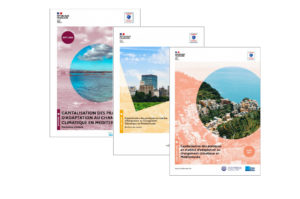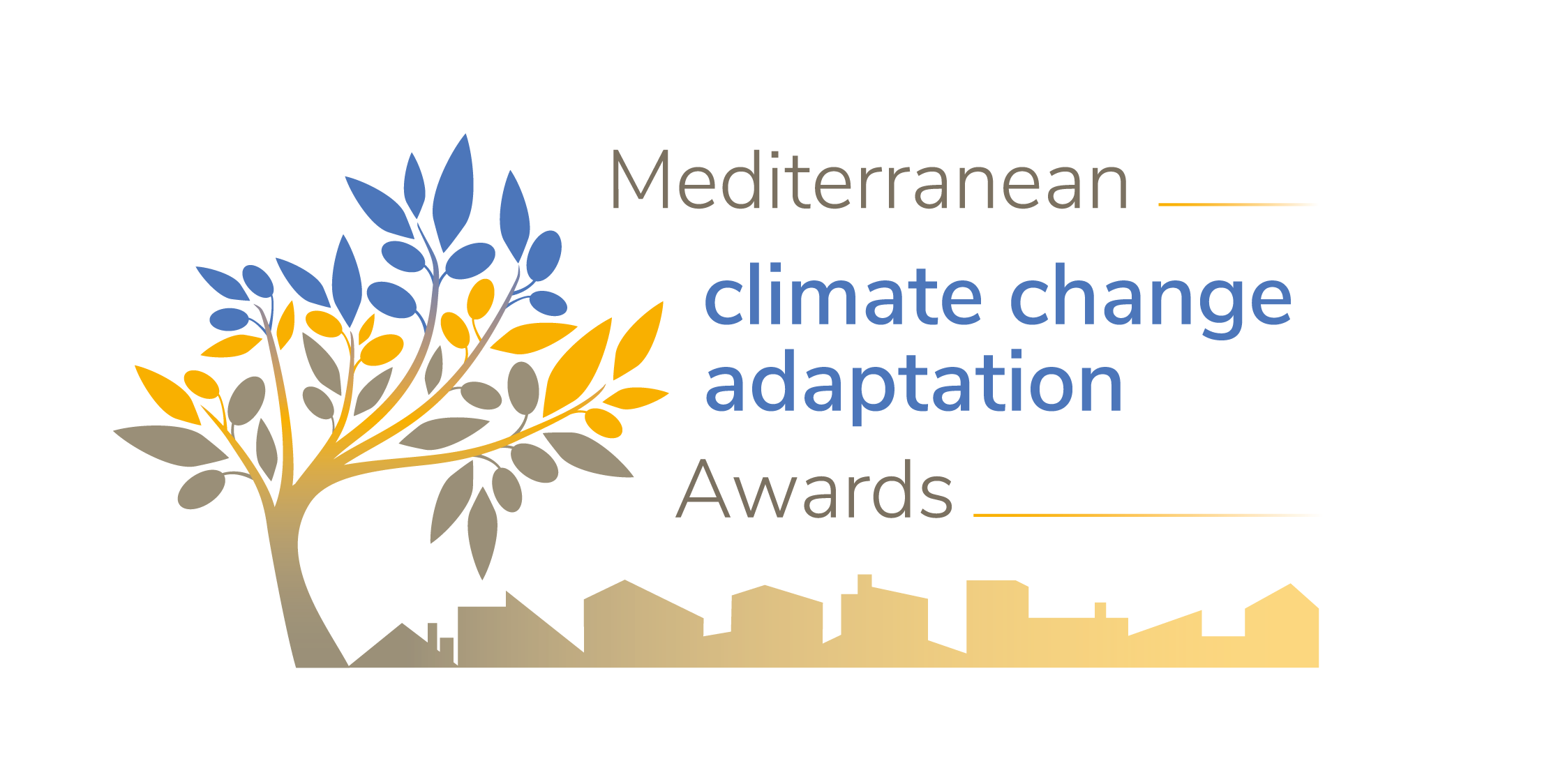Climate challenge
The Mediterranean basin is a climate change “hot spot”. The latest scientific publications show the trends observed over the past five decades are likely to continue which will mean, by the end of the century:
- a rise in average temperatures of 3 to 5°C;
- a decrease in precipitation of 35% on the southern and eastern shores and of 25% on the northern shore;
- a average rise in sea level of 20 to 60 cm.
Public stakeholders, members of the private sector and NGOs must take action and developing solutions to adapt to serious consequences in human and socio-economic terms the Mediterranean regions to the changing climate including: depleted water resources, accelerated desertification, increased mortality due to heat waves, and greater coastal risks, etc.
Urban areas
Frame urban expansion for resilient and sustainable cities in order to:
- reduce urban heat islands, and its consequences on health and energy consumption regarding air conditioning
- mitigate the decrease in the availability of city water resources
- limit the impact of heavy rainfall / flooding runoff in a context of growing artificial soil
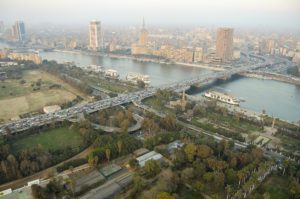
Coastal areas
-
increased risk of erosion and coastal low areas flooding (especially deltas)
-
risk of coastal aquifers salinization
-
depletion of halieutic resources
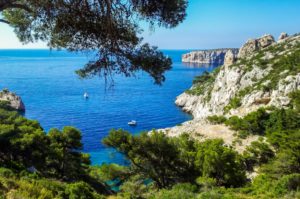
Rural areas
Engage an energy transition towards a sustainable agriculture able to ensure food security without compromising the long-term water and soil resources availability to:
- struggle against decrease in water availability for irrigation and for natural environment and ecosystems (wetlands, etc.)
- reduce soil desertification
- mitigate forest fires risks
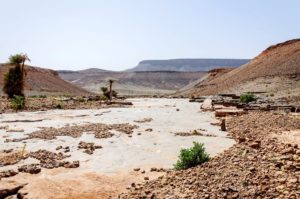
Capitalisation on climate change adaptation practices in the mediterranean area
The French Agency for ecological transition (ADEME) has carried out a study entitled “Capitalisation of Climate Change Adaptation Practices in the Mediterranean” (March 2019 – Sept. 2020), aimed at identifying and analyzing different existing initiatives in terms of adaptation to climate change in the Mediterranean bioclimatic zone.
The results of the study are the subject of several publications available on the ADEME library:
- A project portfolio, available in English (link) and French (link), which presents the main results of the case studies
- A policy brief for policymakers, available in Arabic (link), French (link) and English (link), which includes the main arguments for climate change adaptation in the Mediterranean bioclimatic zone
- A overview report, available in French only (link), which underlines the key messages and measures of the study in terms of adaptation to climate change in the region
